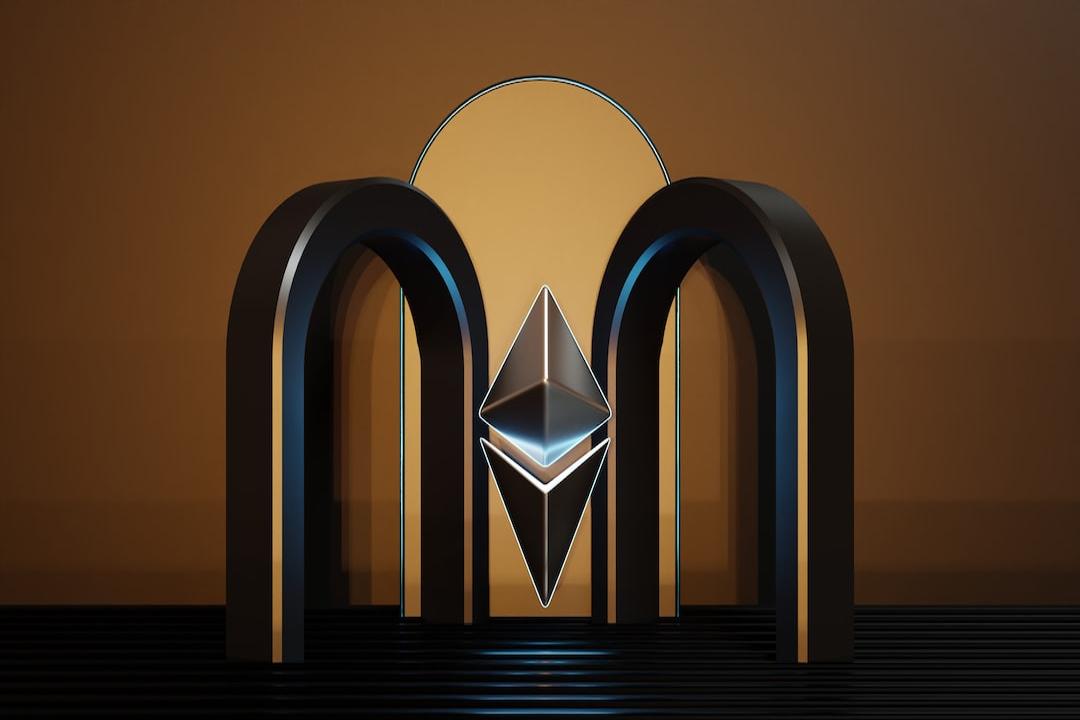Uncover the dynamic relationship between AI and blockchain technology. Delve into the fusion, advantages, obstacles, and upcoming trends.
Artificial Intelligence (AI) and blockchain are revolutionizing numerous industries, but their impact is magnified when combined. AI brings sophisticated data processing capabilities, enhancing decision-making with speed and accuracy. In contrast, blockchain offers a secure, decentralized ledger that ensures data integrity and transparency. Together, they form a potent alliance that can tackle some of the core challenges in technology today.
According to a report by the WSJ, integrating blockchain in AI could address the “black box” issue of AI, where blockchain’s transparency helps demystify AI decisions and make them verifiable. Scott Zoldi, FICO’s chief analytics officer, suggests that blockchain can accurately track the data used to train algorithms, providing transparent and reliable records. While it may not eliminate bias in algorithms, blockchain offers an audit trail to comprehend their behavior.
A survey involving IT decision-makers from the U.S., Europe, and China found that 71% view these technologies as completely complementary, with many acknowledging that blockchain could enhance trust and reliability in AI systems. Let’s delve deeper into this topic and explore the potential of AI and blockchain convergence.
What is artificial intelligence (AI)? AI refers to computer systems’ ability to perform tasks that typically require human intelligence, such as speech recognition, language understanding, decision-making, and pattern identification. AI encompasses various techniques and technologies like machine learning, computer vision, and natural language processing (NLP). Machine learning involves training algorithms on data to enhance performance over time without explicit programming.
For instance, AI can analyze vast data sets to identify trends or make predictions, valuable in fields like healthcare for disease diagnosis or finance for market trend forecasts. Computer vision enables machines to interpret visual data for decisions, aiding areas like autonomous driving and facial recognition technologies. Automakers like Tesla, Volvo, BMW, and Audi utilize computer vision in self-driving cars to detect objects, lane markings, and traffic signals for safe travel. NLP enables computers to interact naturally with humans, used in virtual assistants like Siri and Alexa.
In summary, AI’s diverse capabilities are rapidly advancing, contributing to its integration across various sectors. According to PwC’s report, AI could add up to $15.7 trillion to the global economy by 2030, driven by increased productivity and consumer demand.
What is blockchain? Blockchain is a digital ledger technology that securely records transactions in a decentralized manner. It underpins cryptocurrencies like Bitcoin (BTC) and Ethereum (ETH) but has applications beyond digital currencies. Each transaction or “block” in blockchain is linked chronologically, forming an immutable chain nearly impossible to alter. This inherent security makes blockchain valuable in sectors requiring transparency and trust.
Blockchain is not limited to financial transactions; it enhances supply chain transparency, secures medical records, and streamlines government operations. For example, blockchain can track food products from farm to table, ensuring food safety. In healthcare, blockchain maintains tamper-proof records, enhancing patient privacy and system trust. Gartner predicts blockchain will generate over $3.1 trillion in annual business value by 2030.
You may also like: What Can Blockchain Do? Top 10 Blockchain Technology Use Cases
Blockchain vs AI: How do blockchain and AI collaborate? Here’s a breakdown of their synergy:
Blockchain Contribution AI Contribution Combined Benefit
Ensures data immutability and secure transactions Detects fraudulent activity Enhances data reliability
Automates contractual obligations Streamlines decision-making Improves business processes
Provides secure data storage Analyzes vast data amounts Protects and leverages data
Supports loyalty programs Personalizes customer interactions Tailored experiences
Maintains transparent records Assists in compliance Streamlines regulation compliance
Benefits of AI and blockchain fusion: AI and blockchain create synergies that extend beyond individual capabilities. They can enhance industries in various ways:
Data integrity and security: Securing AI data on blockchain ensures data authenticity and accuracy across supply networks, crucial for compliance and traceability.
Improved decision-making: Integrating AI with blockchain in energy management enables better data analysis for accurate billing and distribution decisions.
Automation and efficiency: Real estate benefits from automated land registry processes using smart contracts, reducing administrative burdens.
Decentralized AI: In media, blockchain networks enable direct interactions between creators and consumers, enhancing user experiences and ensuring fair compensation.
Governance and transparency: In the automotive industry, blockchain logs operational data for AI interpretation, aiding in safety enhancements and accountability.
The future of AI and blockchain: AI and blockchain’s integration could revolutionize operations and spark innovation. AI is becoming more accessible and efficient, while blockchain sees increased enterprise adoption and regulatory clarity. The collaboration could enhance virtual environments like the Metaverse, combining AI interactivity with blockchain security.
In summary, advancements in AI and blockchain could reshape digital interactions and business processes across industries.

